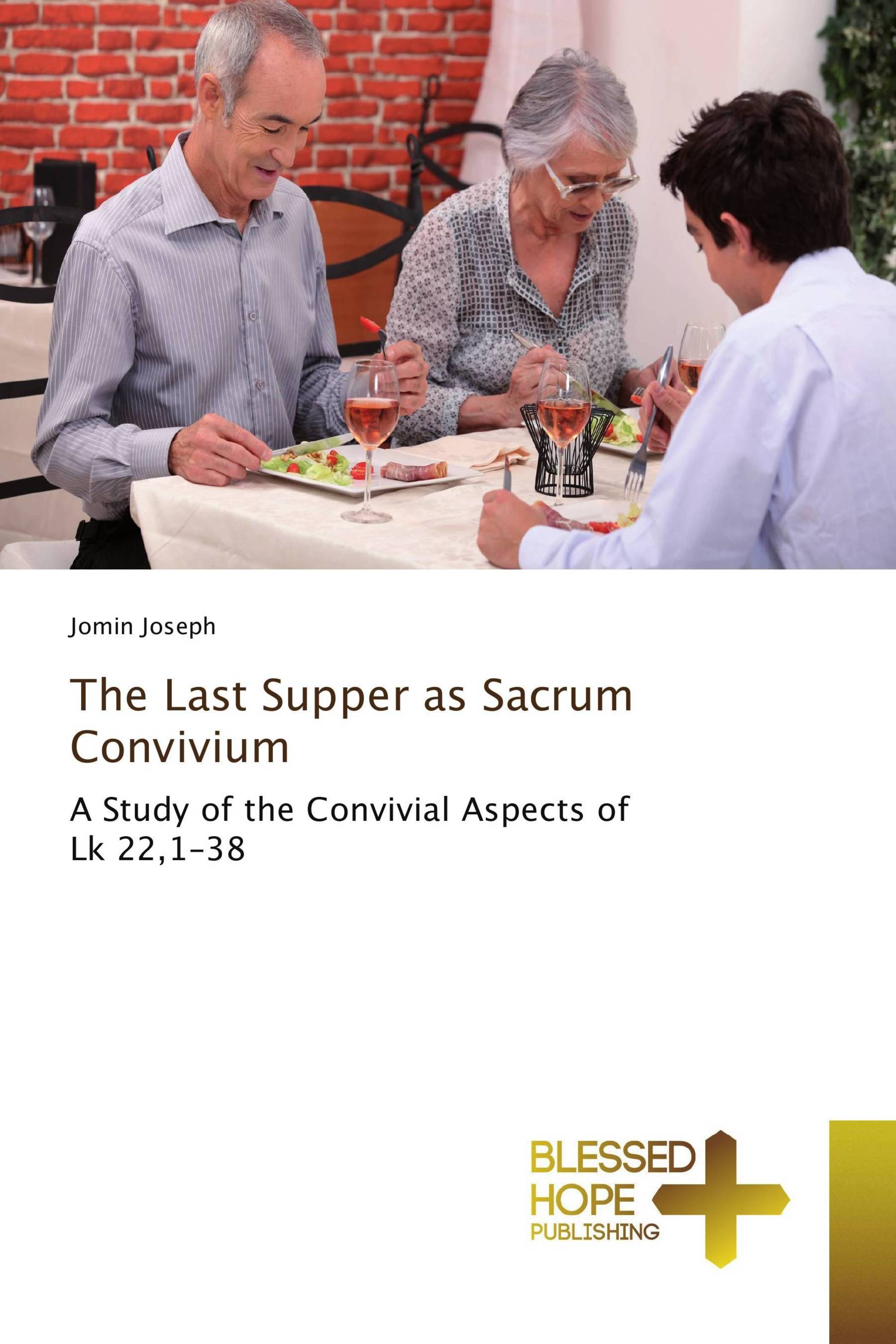In Luke’s Gospel, the salvation which Jesus brings is often associated with banquets, table fellowship and hospitality. In the Last Supper narrative (22,1-38), which is the last meal in a series of meal scenes before Jesus’ death, appears many important convivial and salvation-related terminologies and imageries. Among the NT authors, it is Luke who has shown more interest in food and meal motifs and has a distinctive banquet theology. The Lukan Jesus seeks and saves the lost through his inclusive meal ministry. The Last Supper enacts the salvation offered by God in Jesus in a unique way by joining the convivial and covenantal aspects in the self-donation of Jesus on behalf of his table companions. The sacrificial aspect of the Last Supper is essentially related to the convivial aspects and consists in Jesus’ free self-giving in the form of bread and wine out of love for his disciples and for all. Among the Synoptic Gospels, only Lukan Last Supper has an extended table talk (22,24-38).The influence of the Biblical and Greco-Roman banquet traditions and the different literary genres are examined in order to understand the convivial aspects of the Lukan Last Supper narrative.
Book Details: |
|
|
ISBN-13: |
978-3-330-70218-9 |
|
ISBN-10: |
3330702184 |
|
EAN: |
9783330702189 |
|
Book language: |
English |
|
By (author) : |
Jomin Joseph |
|
Number of pages: |
288 |
|
Published on: |
2016-09-20 |
|
Category: |
Christianity |
